Learn About Us
Our ground-breaking partnership builds in youth and civil society leadership at all levels.
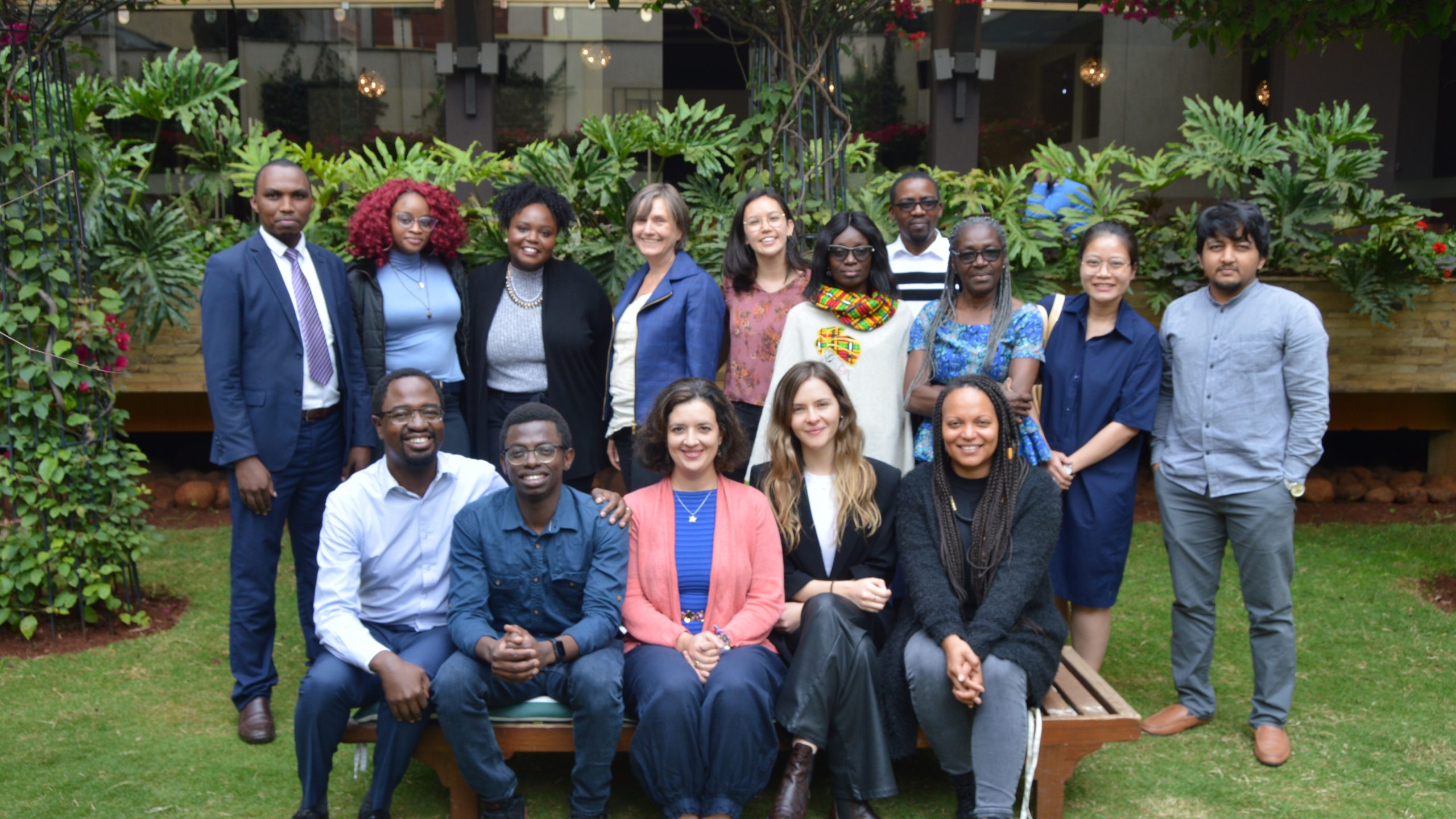
Together with diverse young adults, we use participatory action research to build evidence and shape the future of human rights in the digital age.
Our ground-breaking partnership builds in youth and civil society leadership at all levels.
Insights from our work in Colombia, Ghana, Kenya, Vietnam and globally.
Your gateway to online courses, manuals and toolkits on your digital human rights.
Discover webinars and videos that inspire, educate, and drive action for meaningful change.
Grounded in the lived experiences of over 300 young adults in four countries, our new participatory action research report highlights the real costs marginalised young people face when seeking health information online.
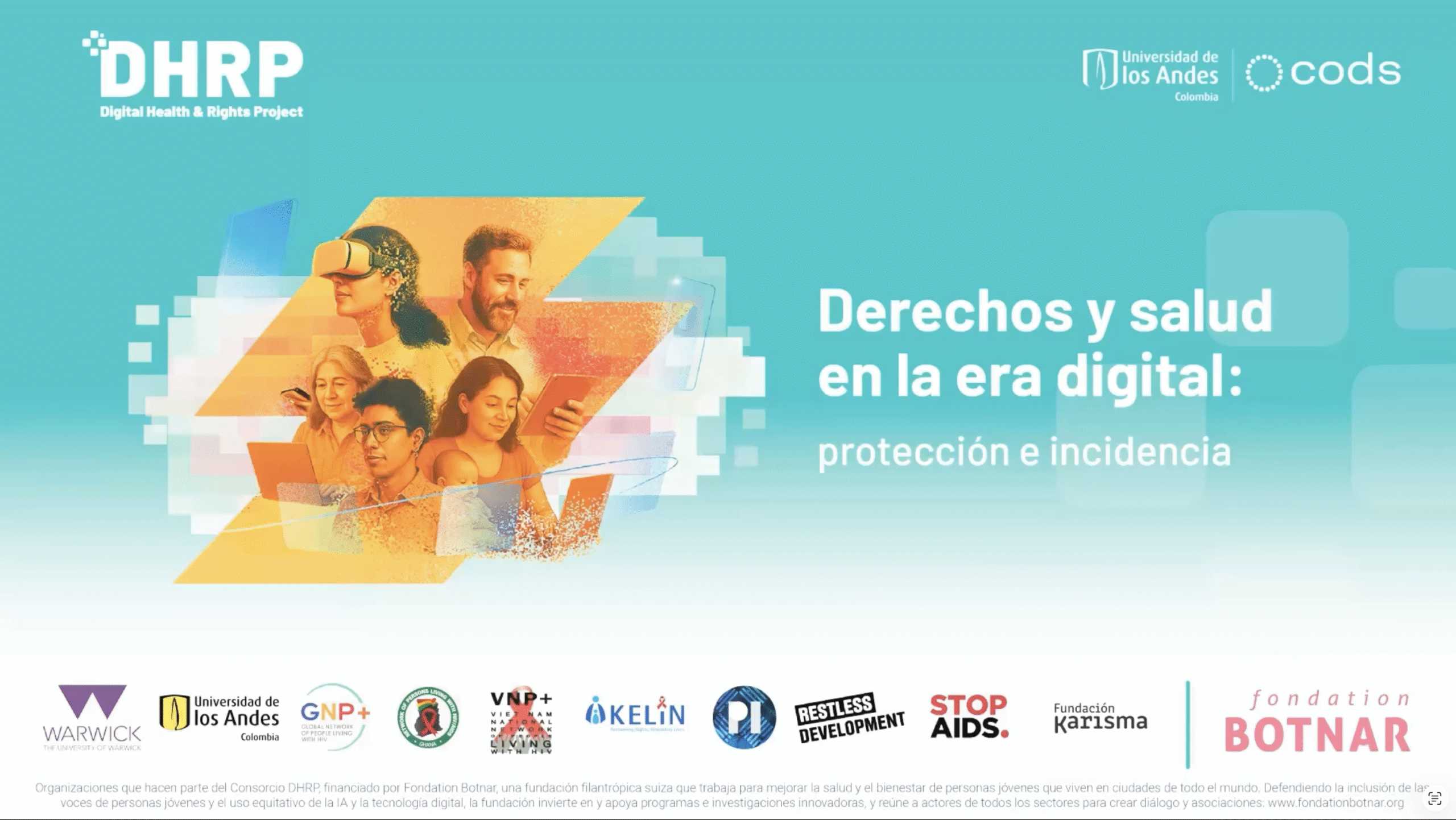
In the digital age, human rights face new challenges and opportunities that directly impact our health, dignity, and well-being. This MOOC, entitled "Rights and Health in the Digital Age: Protection and Advocacy," offers an educational journey through the fundamental concepts of digital human rights, their international regulatory framework, their links to digital health, and advocacy strategies for their defense.

The blog reflects on the AI in Health Africa Conference 2025, stressing that AI must be co-created with communities rather than designed for them. Drawing on lessons from the Digital Health and Rights Project, it emphasises the need for digital skills, genuine community involvement, stronger local innovation and youth voices in shaping AI policies.

This Checklist for Assessing Gender, Equity and Rights Inclusion in Developing Digital Health Strategies is a practical tool developed to encourage reflection and debate among officials, consultants, civil society and other stakeholders to ensure digital health strategies advance human rights, gender equality and inclusion approaches to the adoption and management of digital health technologies. It includes a list of UN guidance and other resources to help inform the strategy development process.
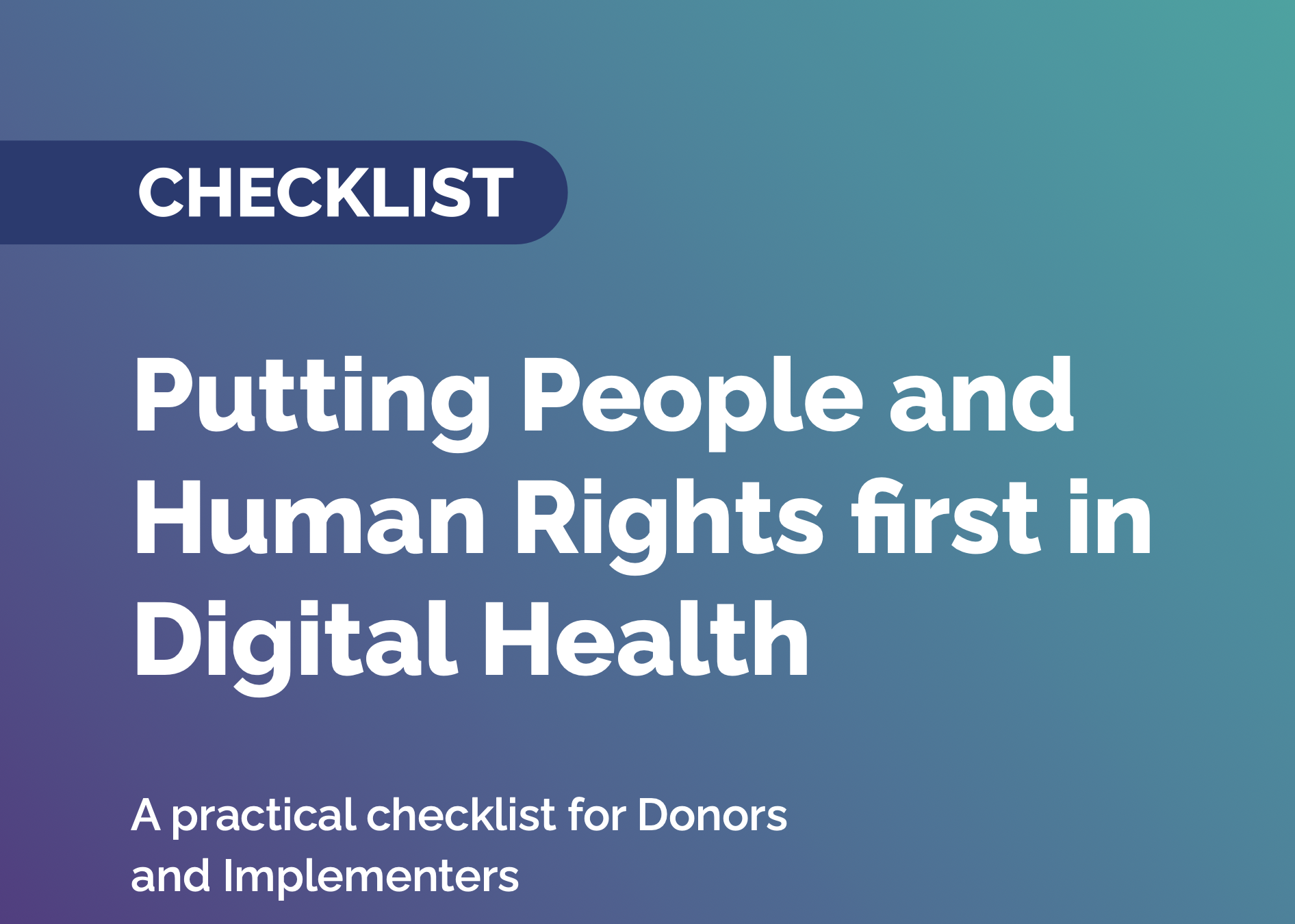
Putting People and Human Rights First in Digital Health is a practical tool to uphold and advance human rights within health programmes using digital technologies and artificial intelligence (AI). Designed to help implementers, communities, funders, and civil society in protecting and promoting human rights within digital health interventions, the resource is freely available on the STOPAIDS website.

Global Network of People Living with HIV (GNP+)

KELIN

Privacy International (PI)
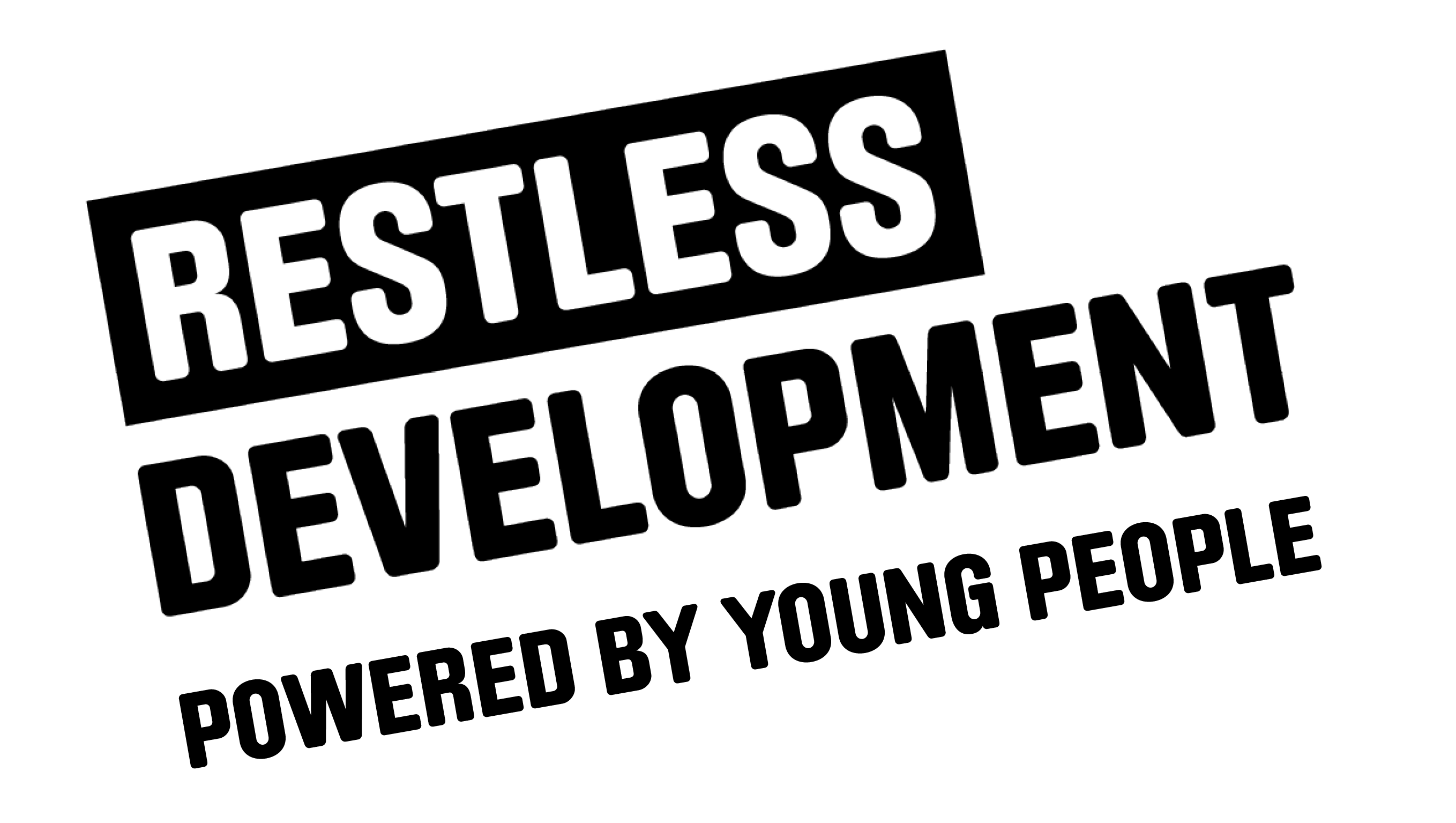
Restless Development
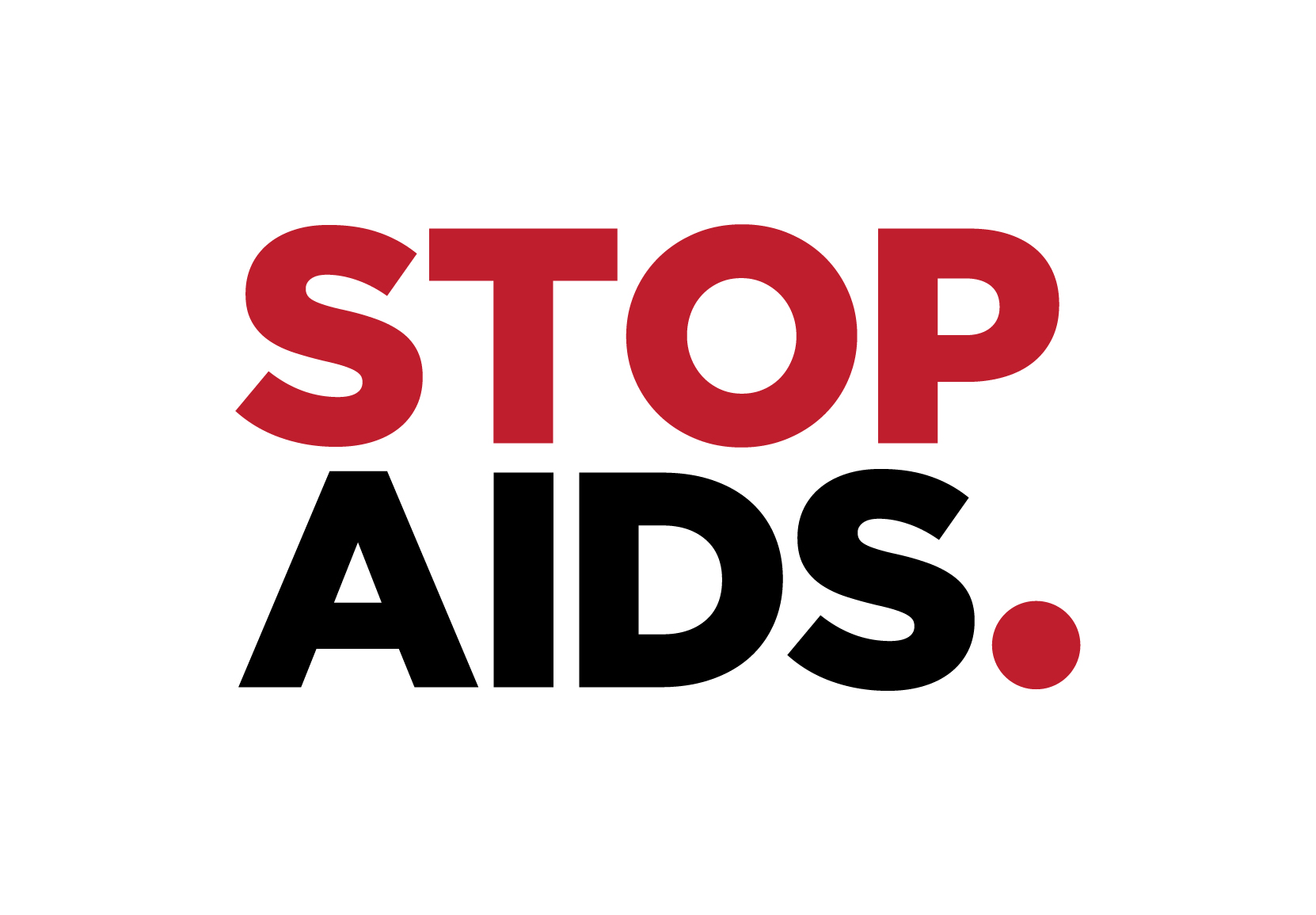
STOPAIDS

Universidad de los Andes

University of Warwick (host)

Fundación Karisma